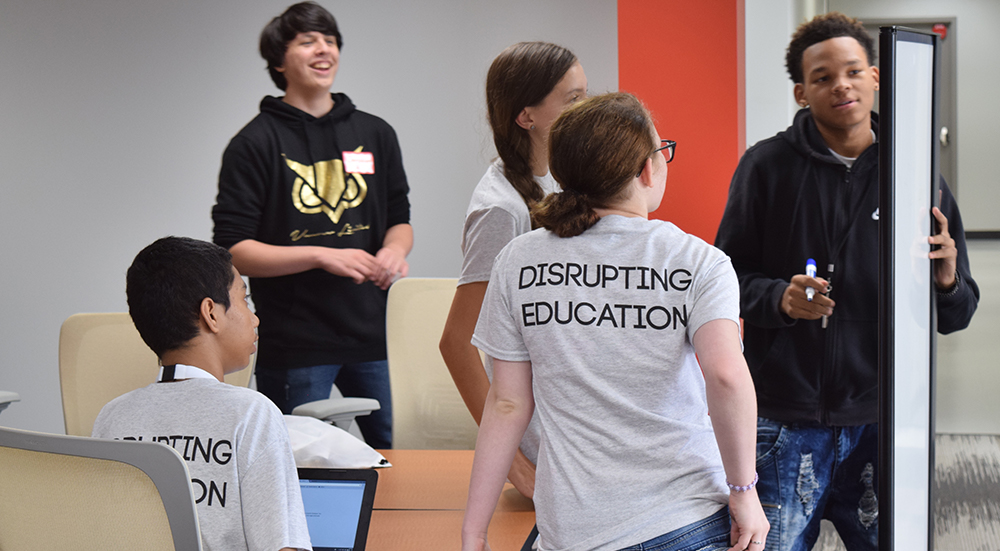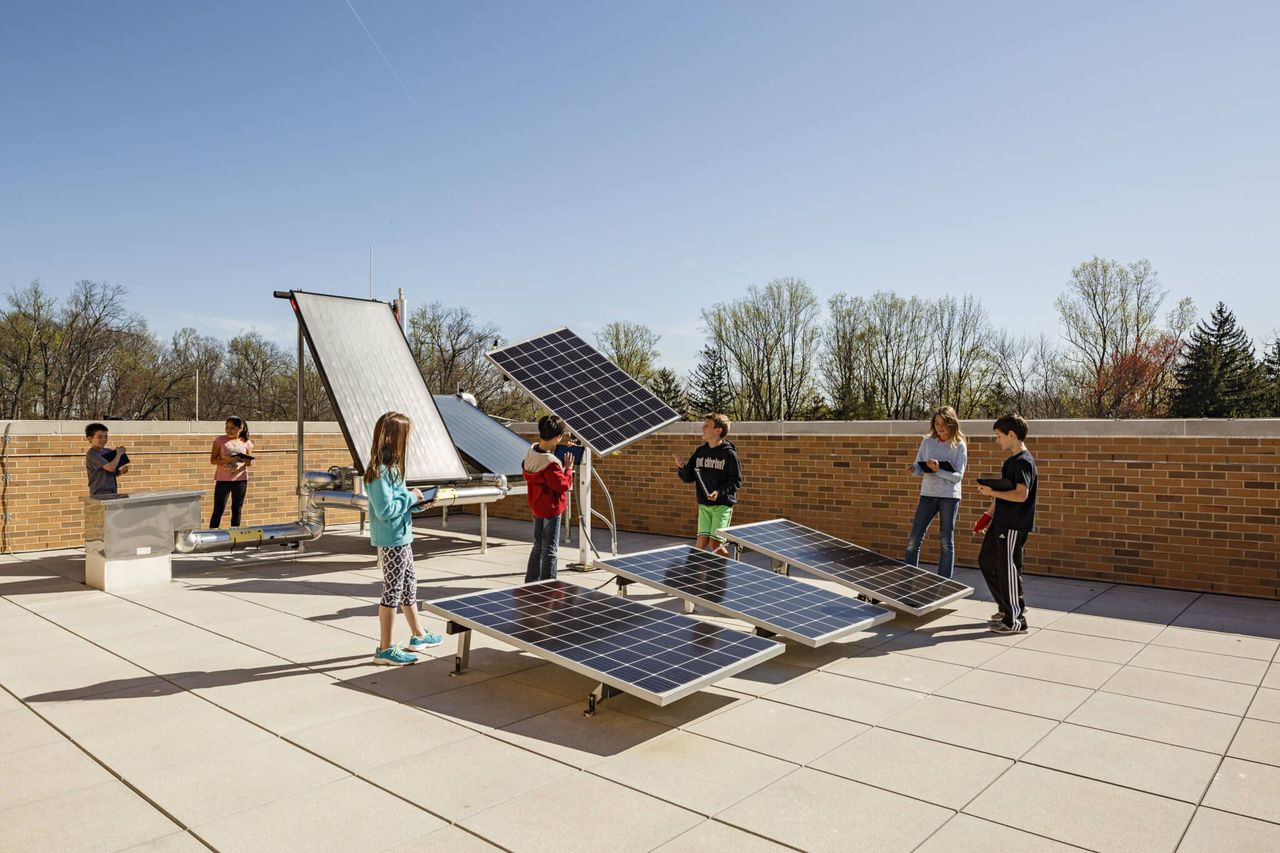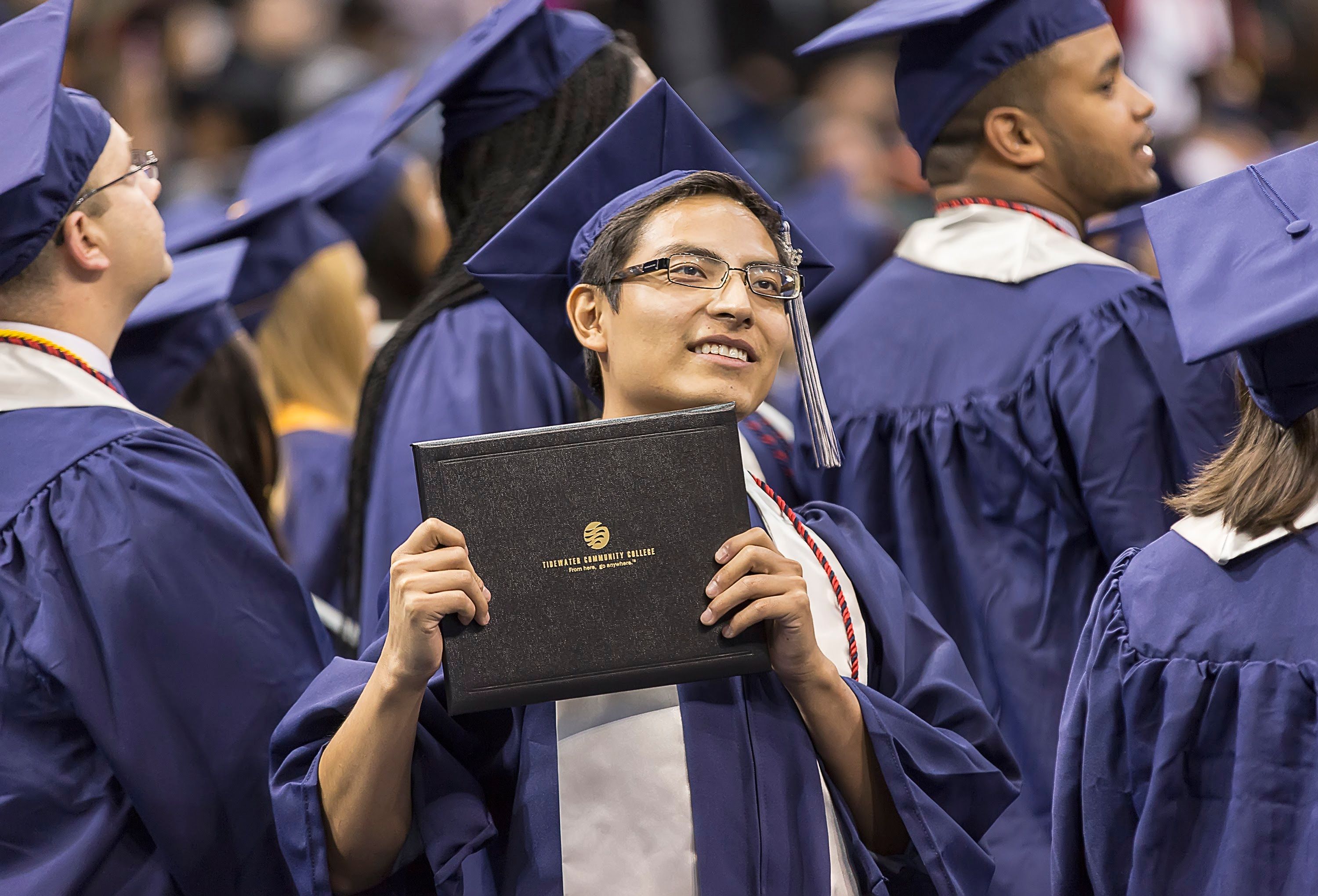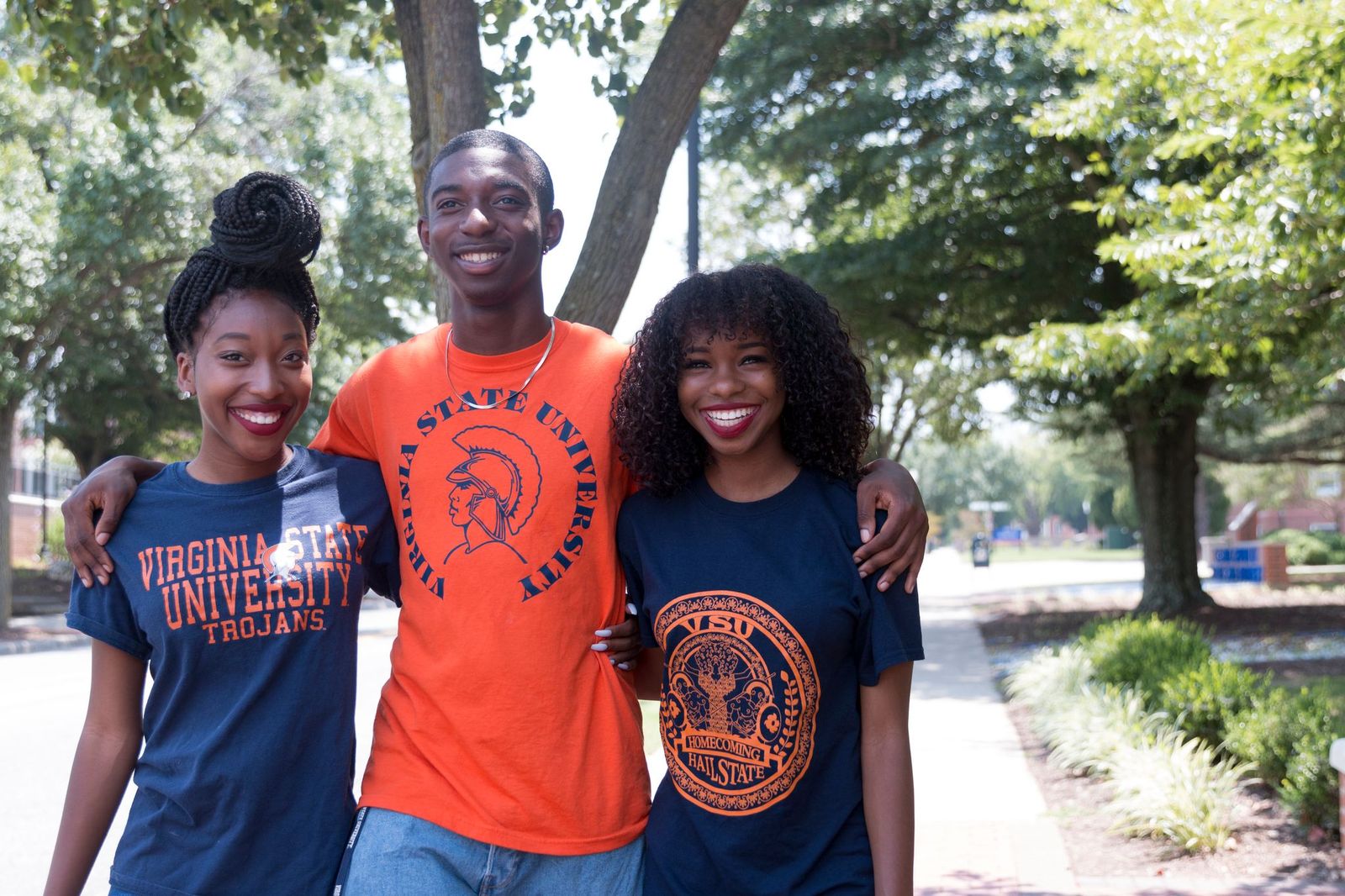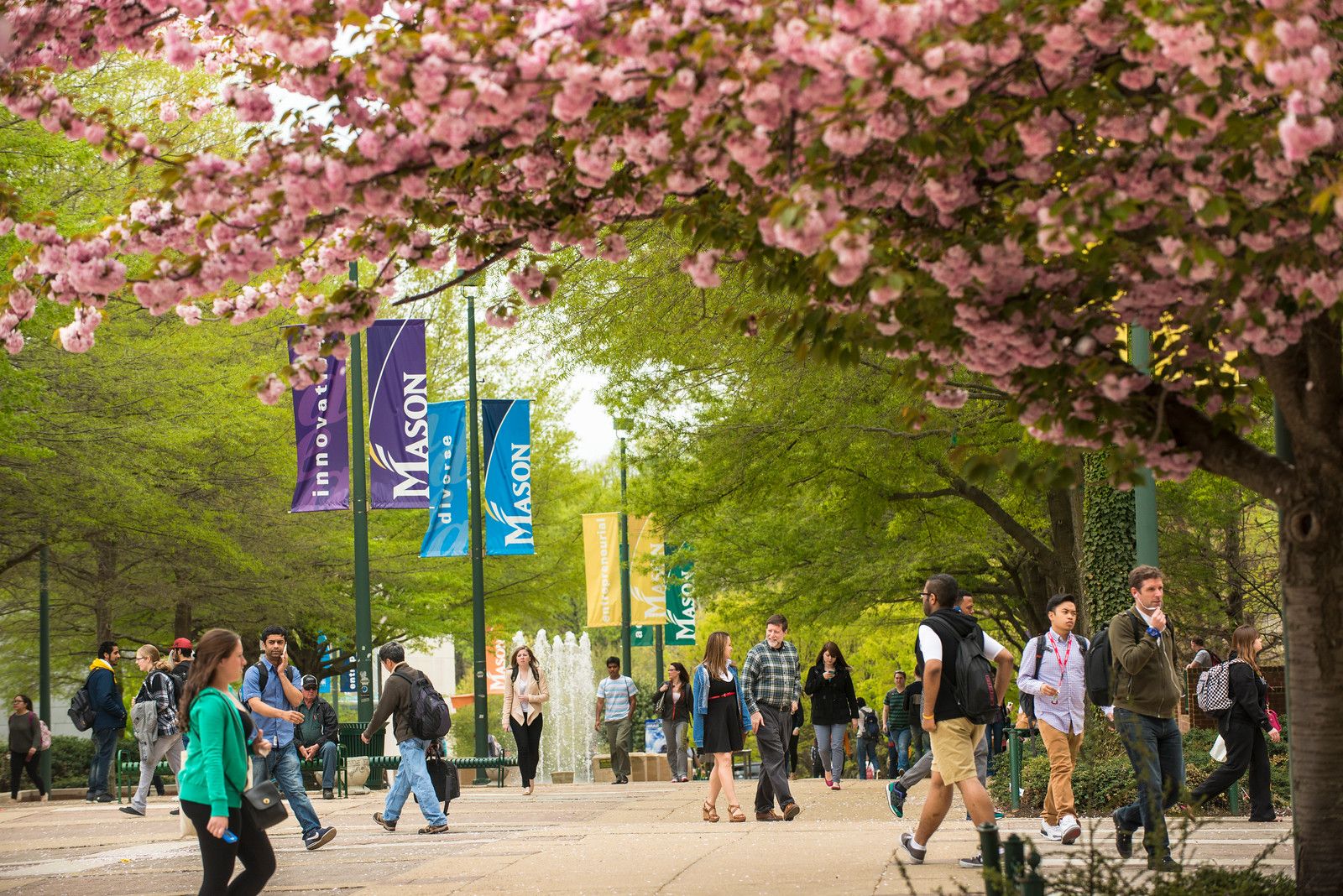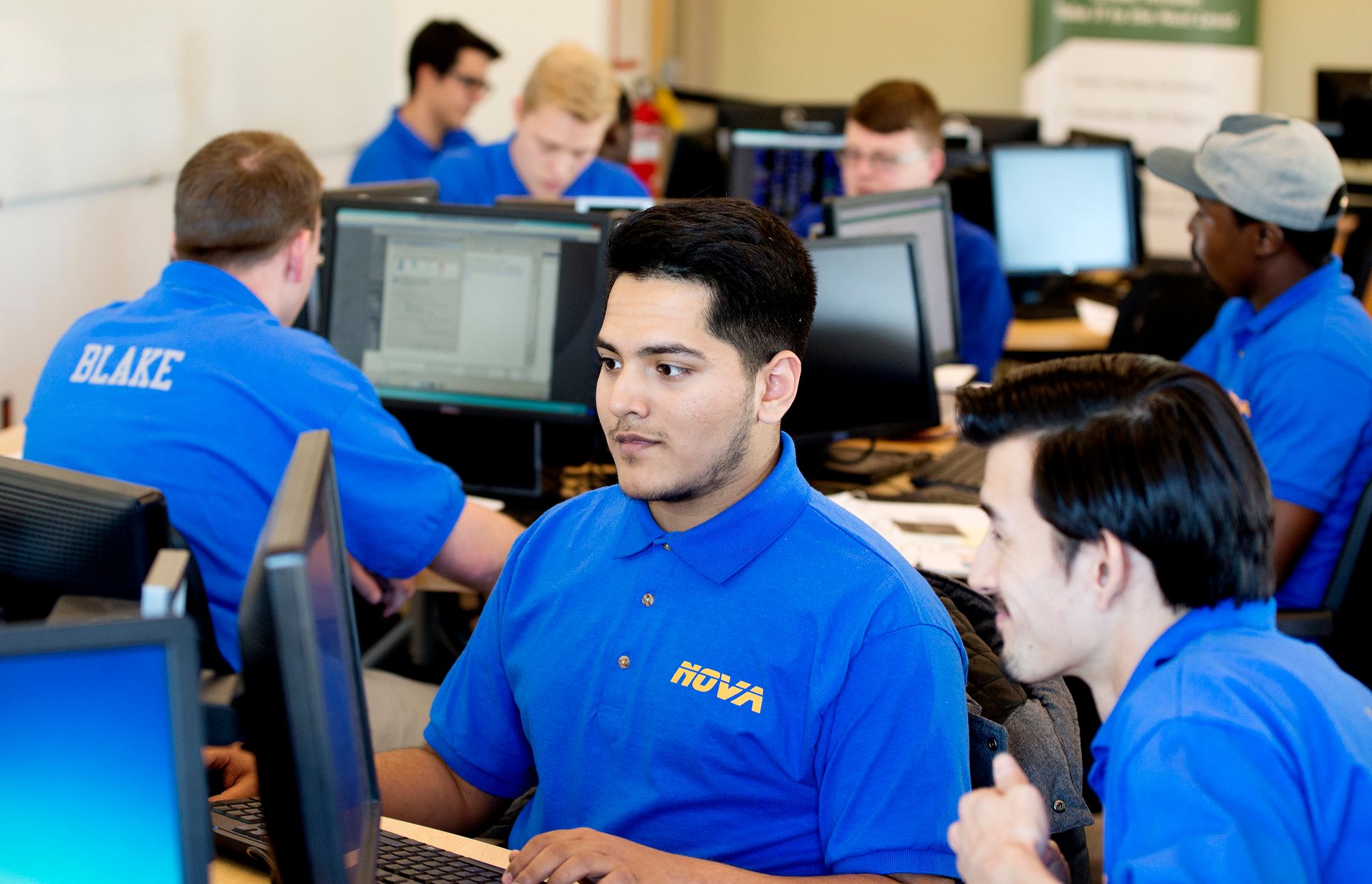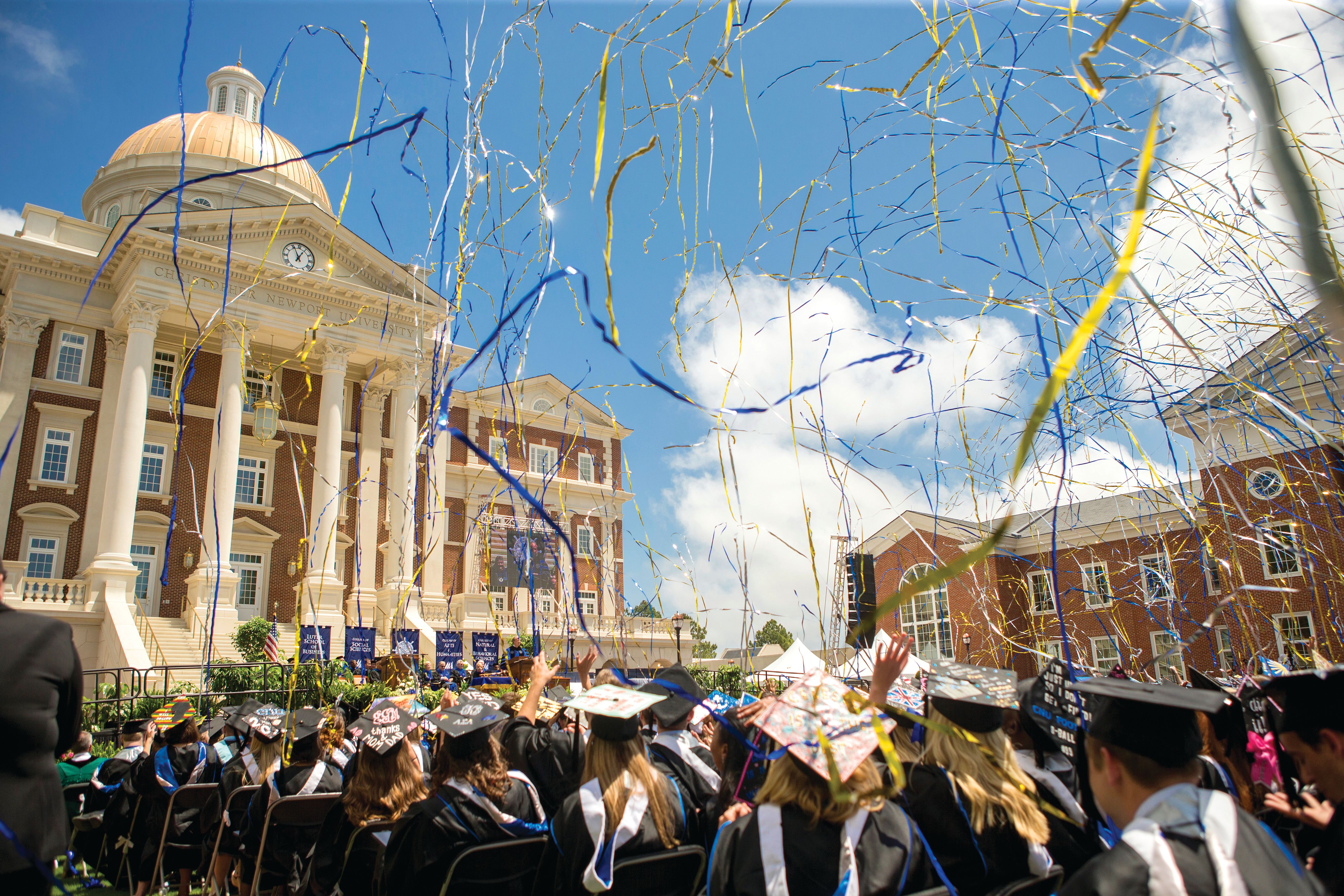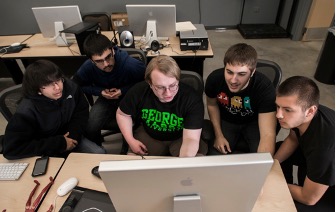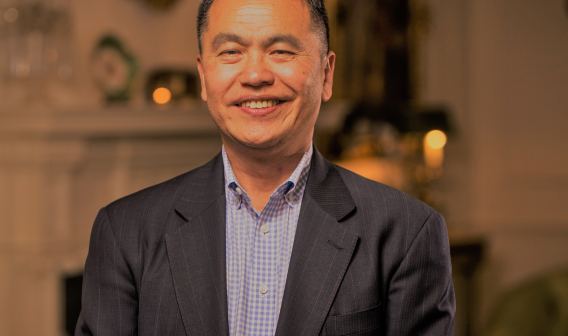How Virginia's Plan to Double its Tech-Talent Pipeline by Aligning Resources at All Levels Hits the Bull's-Eye
When it comes to building a comprehensive strategy for increasing talent to meet the technology workforce demands of today and tomorrow, there is a nationwide call by employers for talent with skills that include a particular focus on software development, engineering, machine learning, artificial intelligence, user experience design, and user interface design — all competencies with roots in computer science. Virginia has plans to fill that supply-side gap and hit the bull’s-eye of employer demand by increasing and roughly doubling its tech-talent pipeline in the near future.
It’s an approach that was buoyed by the Virginia Economic Development Partnership’s (VEDP) 2017 Strategic Plan for Economic Development of the Commonwealth that identified the tech sector as Virginia’s largest traded-sector employment growth opportunity. And while it is an approach that synced up with the timing of Virginia winning HQ2, it’s also an effort that’s been building momentum at all education levels across the Commonwealth.
Now that Amazon is looking to Virginia to fill as many as 25,000 highly skilled jobs over the next 12 years, the Commonwealth is primed to produce 25,000 to 35,000 additional degrees in computer science (CS) and related fields statewide, roughly split between bachelor’s and master’s degrees, over the next two decades. While Amazon is in the spotlight today, these are workers who will benefit existing Virginia employers, from Capital One to WillowTree and PowerSchool, to tomorrow’s startups.
Virginia’s plan is a seamless approach, targeting CS and related fields across each phase of the education spectrum — K-12 classrooms, community colleges, undergraduate, and post-graduate programs — with performance-based investments and other funding.
Similar to other states, Virginia’s current tech-talent pipeline poses a dichotomy of risks and opportunities. While the Science, Technology, Engineering, and Math (STEM) workforce shortage is expected to grow nationally, and two in five Americans say that the shortage of workers in STEM fields is at crisis levels, according to a study from tech and engineering company Emerson, the Commonwealth touts a few advantages in not only bridging the gap, but building for the future.
First, Virginia has a head start. It has the vision to anticipate this tech-talent need, and with plans accelerated thanks to the Amazon HQ2 project and other tech company expansions, Virginia is poised to be a leader among states working to turn their tech-talent tide. In fact, according to CodeVA, an educational nonprofit created to promote computer science across Virginia, in 2016, Virginia became the first state in the nation to pass sweeping computer science education reform. This law mandates that every Virginia child will receive access to essential computer science literacy — to include coding — from kindergarten through graduation.
From K-12 classrooms to Virginia’s robust community college system, and from four-year university labs to graduate program internships, Virginia is on target to meet the needs of tomorrow’s technology workforce. Chalk it up to an accelerated start, a recognition by tomorrow’s workers of where the jobs will be and the influx of funding and programs designed to ensure Virginia stays at the head of the class when it comes to tech aptitude and workforce readiness moving forward.
